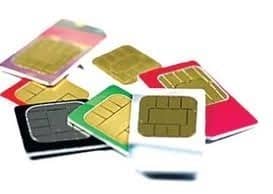
Note: This is a guest post written by Sheridan Carnell from Gizmobird
There are so many choices when it comes to mobile phones, whether it’s the size or resolution of the screen, processor power or design and style. Then throw in the dilemma of choosing which network offers the best service and value, and how many texts and data you expect to use.
Once you’ve decided which phone, there’s still one more decision to make. Just how long do you want to be in a contract? Given that this can be as long as 2 years for a decent Smartphone, understandably some people feel reluctant to be tied in for that long.
Thankfully there is an alternative to a lengthy contract as most manufacturers now offer SIM free devices. This means that you have the freedom to choose either a really short contract, a SIM only, or a PAYG Free SIM deal with whichever network you want.
Maybe more importantly, it offers you the flexibility to chop and change networks depending on who has the best offers at the time.
Buying a brand new unlocked mobile phone is an expensive option, but then so is a contract. Either way you end up paying for the phone. The only difference is whether you pay for it up front, or finish paying for it 2 years later. But if you go for a contract, not only will you be tied in to paying a fixed monthly fee each month, but you will probably end up using the same mobile phone for 2 years.
Not only that, but your handset will have little re-sale value at the end of it.
2 Years is a Long Time
If you think about it, a lot has changed in the mobile world in 2 years. We’ve gone from single core 1GHz processors to dual core 1.2GHz in the Galaxy S2, moving right on up to the quad-core 1.4 processors as in the HTC One X. Screens have increased from 4 to 4.8 inch, and resolutions are now a sharper 1280 x 800 pixels in density.
Other functions such as the arrival of mobile payment or NFC have taken place, cameras with more MP’s and HD video recording. We are now on iOS 6 and Jelly Bean operating systems, both of which are significantly slicker and more responsive than their predecessors.
Not only have the handsets moved on but also the network infrastructure that they now run on is faster. Over 2 years ago 3G was introduced to the UK, which was quickly superseded by HSPA+ and now 4G has just recently arrived offering speeds of 100Mbit/s. 4G has already launched in the UK, but only in 10 major cities, and OFCOM have only given EE permission to use it so far.
It is widely expected by summer 2013 that Vodafone, O2 and Three will have successfully bid for the 4G frequencies they need to get 4G launched across 70% of the country by year end.
Buying a SIM free and unlocked phone means you can be totally flexible and upgrade to new mobile device and service technology as quickly as you want. Assuming that you always want to be at the cutting edge of technology and flaunting the latest and greatest device, then you’ll also have the advantage of achieving the maximum resale value because it’s not associated with a particular network.
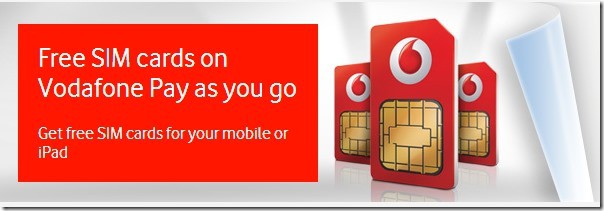
All networks now offer free SIM cards, which is just like PAYG but with some great added benefits. On Vodafone for example, you can get extra minutes, texts and data, and Rewardz points every time you TopUp to redeem against lots of free goodies every month.
These days you really don’t get much extra value out of a long term contract, as most of it is paying for the mobile device. So if you’re worried about losing out – don’t be! – You’ve got everything to gain by going SIM free with a free SIM.
Note: Sheridan Carnell has worked in both IT and mobile phone marketing for many years, and has a keen interest in all technological developments. She currently writes insightful articles and expert review content for GizmoBird and other blog sites about interesting events and developments in the mobile world.



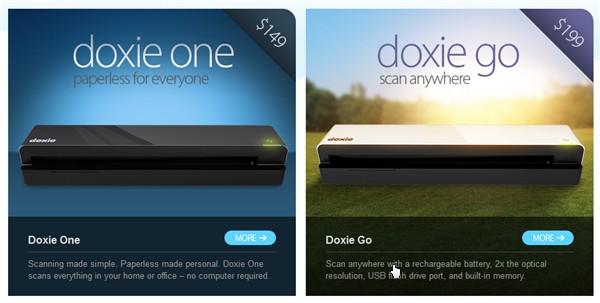
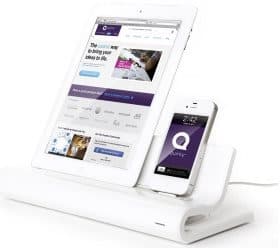
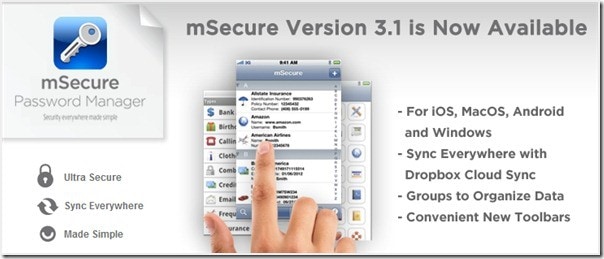
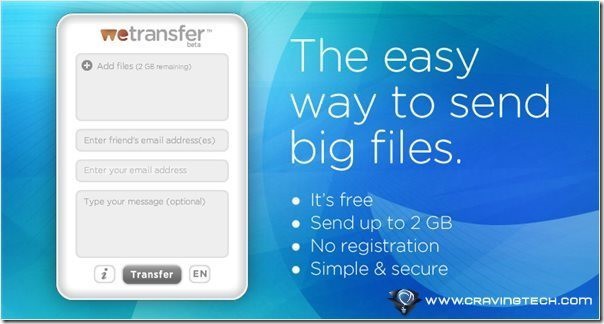
Comments are closed.